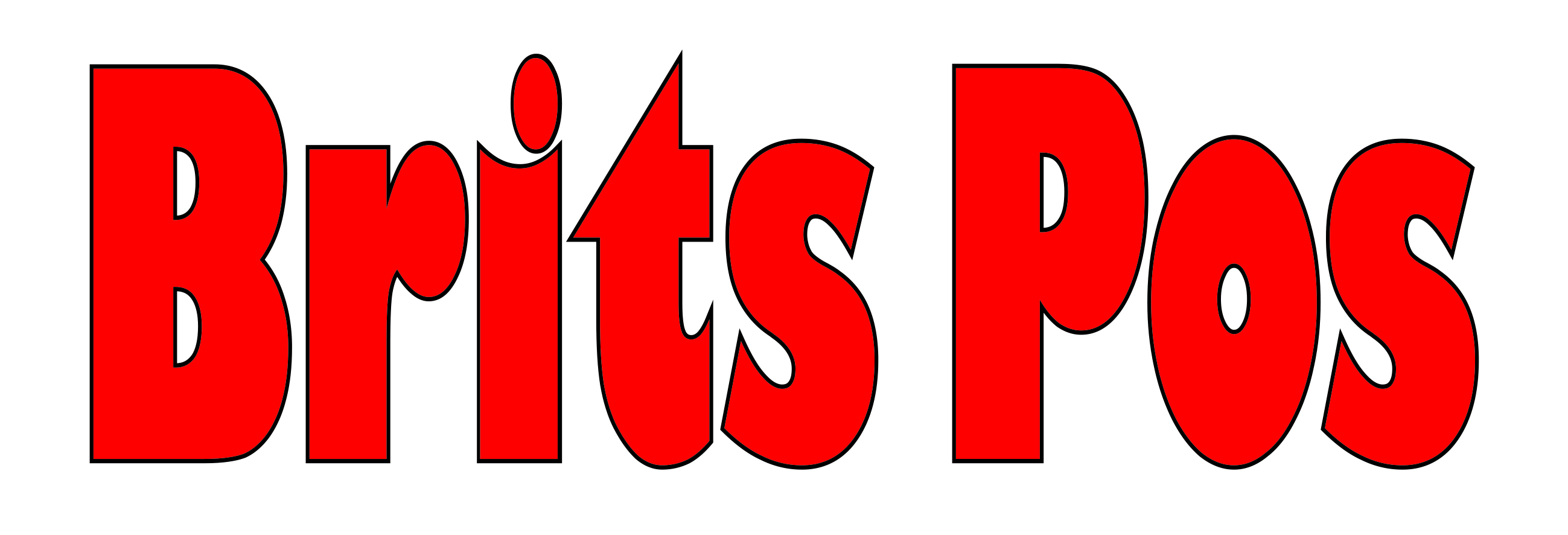RUSTENBURG HERALD - RUSTENBURG - “The release of reports of three important measures of the quality of Basic Education in South Africa attest to the urgent need to rescue our basic education system.
These reports are from the Southern and Eastern Consortium for Monitoring Educational Quality (SEACMEQ V), the Trends in International Mathematics and Science Study (TIMSS), as well as the South African Systemic Evaluation (SASE).
The DA welcomes the proposed interventions from the Department of Basic Education following these reports. The DBE’s interventions will focus on improving access to quality early childhood development and promoting mother tongue bilingual-based education, which aims to provide learners with Maths, Science and Technology instructions in their home languages alongside English and allow them to reap the benefits of mother tongue education.
South African learners’ literacy and numeracy skills, on average, regressed. This troubling state of affairs was revealed by the Department of Basic Education in their presentations on the three benchmarking evaluations.
SEACMEQ tested Grade 6 learners and teachers on literacy and numeracy last year, with significant drops in both reading and Mathematics. South African learners do not have advanced reading skills and 35.5% could not pass the basic reading for meaning level last year. The majority of learners (43.6%) only had basic numeracy skills. Only 16.7% tested as mathematically competent or above.
SEACMEQ further found that while the numeracy and literacy skills of teachers tested above the benchmark of 500 points, South African Grade 6 teachers regressed in the numeracy skills, dropping from 780.5 points to 759. The most troubling finding in this regard was that 1.4% of tested South African teachers only tested at level 1, which means that they are only able to apply single-step addition and subtraction, while 1.6% only had basic numeracy. It is not unreasonable to expect that South African teachers should be able to do the Mathematics they teach.
South African teachers did improve in literacy, with 93.4% testing at level 8. However, 0.3% of Grade 6 teachers tested at pre-reading levels. How are they meant to teach 11 – 13-year-olds when they cannot read themselves?
The TIMSS tested Grades 5 and 9 learners’ Maths and science skills. It found that 35% of Grade 5 learners tested at the low benchmark for Maths, while 40% tested below it. 75% of Grade 5s barely have a basic mathematical understanding. The situation for Science is not much better. 28% of Grade 5s tested at the low benchmark, with nearly half (47%) testing below that.
The Grade 9s did not fare any better. 45% demonstrated only a basic understanding of Maths, while 35% tested below that. And 33% and 47%, respectively, only understanding the basics of Science or less.
SASE did not paint much of a brighter picture in its testing of Grades 3, 6, and 9’s literacy and numeracy. The local evaluation revealed that the majority of learners tested in all three grades were either only beginning to develop Grade-level foundational knowledge and skills or were still constructing the required Grade-level knowledge and skills. Only 20% of Grade 3 learners had the required reading skills and understanding or went beyond the required level, and only 34% tested at this level for Maths.
Only 33% of Grade 6s tested at the required reading level or above, and only 36% had the required Maths skills. While only 20% of Grade 9s had the required reading skills, they tested better in Mathematics with 30% having the required skills and 10% achieving above that.
It should be noted that all three evaluations found that learners who used their language of learning and teaching (LOLT) at home consistently scored higher on their tests.
The results of the three evaluations highlights the need for critical intervention in providing learners with literacy and numeracy foundations. Without it, they will not be able to unlock economic opportunities when they graduate.”









